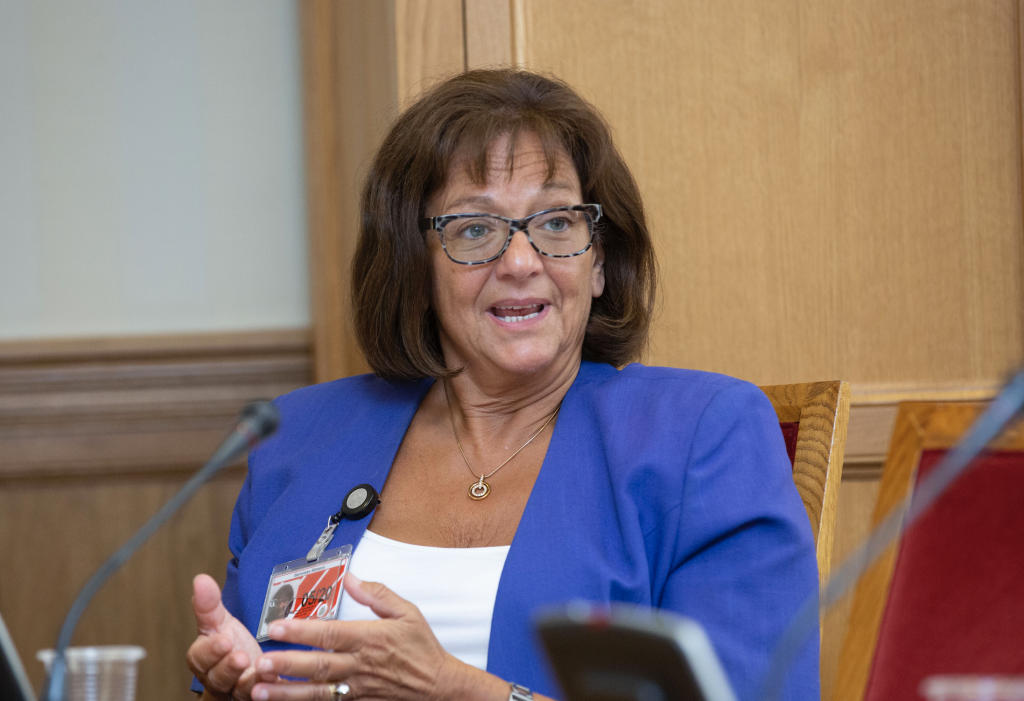Pointing to figures from Corporate Adviser’s Master Trust Defaults report, which showed that the average auto-enrolment default, across a pool of 25 funds covering more than 12 million
pension savers, has returned 8.5 per cent a year annualised over five years, Baroness Altmann said the pensions industry should do more to publicise the success that has been achieved.The Corporate Adviser Pensions Average (CAPA) Index calculates annualised figures over 5 years both for a scheme member 30 years from SPA/ selected retirement age, and for a member 5 years from SPA/ selected retirement age. For a saver 30 years from retirement the CAPA Index is 8.5 per cent annualised, to 31.3.18, a cumulative return of 50 per cent. For a saver five years from retirement, the annualised return is 7.24 per cent, a cumulative return of 42 per cent. Performance is calculated gross, before charges have been deducted, to focus on the investment skill of the default strategy.
Speaking at the event, Baroness Altmann said: “What I found surprising reading this report is just how much these funds have added in value over five years – more than 50 per cent. That is a major achievement. Most people who started on the auto enrolment journey in 2012 or 2013 are unaware that they are 50 per cent up. This is a big story to tell, and while markets are friendly, positive, and not problematic, is probably a good time to do it. We have got millions of new people in pensions, and we want them to have confidence,” said Altmann.
Delegates at the event agreed that now was the time to start the debate with members about the variability of returns in DC pensions, and how that should inform their attitude to risk for what is an investment horizon of several decades, which also benefits from pound/cost averaging where regular contributions are being made. After five or six positive years, now is a good time to start communicating the idea that returns can go down as well as up, so that when they inevitably do at some point in the future, members will position their losses in the context of the positive returns they have experienced previously, said delegates.
LCP senior consultant Helen Stokes said: “ We should be educating members about the positive story, about the fantastic increases that have been experienced, and start now to explain what has happened, and what might happen in the future.”
Altmann also argued that the industry needed to rethink the name ‘default’ as its negative connotations would put off members.
Altmann said: “One of the challenges I would pose is coming up with a name that is better than default fund. The last thing most people want to do with their money is default. It is a terrible word and is a classic example of how pensions jargon can be so off-putting. I don’t know whether it is ‘Expert Choice’, or ‘Specially For You’, but we should collectively come up with a name that is much better, to entice people into pensions.”
Chase de Vere principal consultant, online and flex Sean McSweeney said: “People complain in the UK about us not having a sovereign wealth fund, like they do in Norway or in the Middle East. We should be selling our pension system as something that does just that, that is invested on your behalf, that allows businesses to go and create jobs, that funds infrastructure and social housing.”
